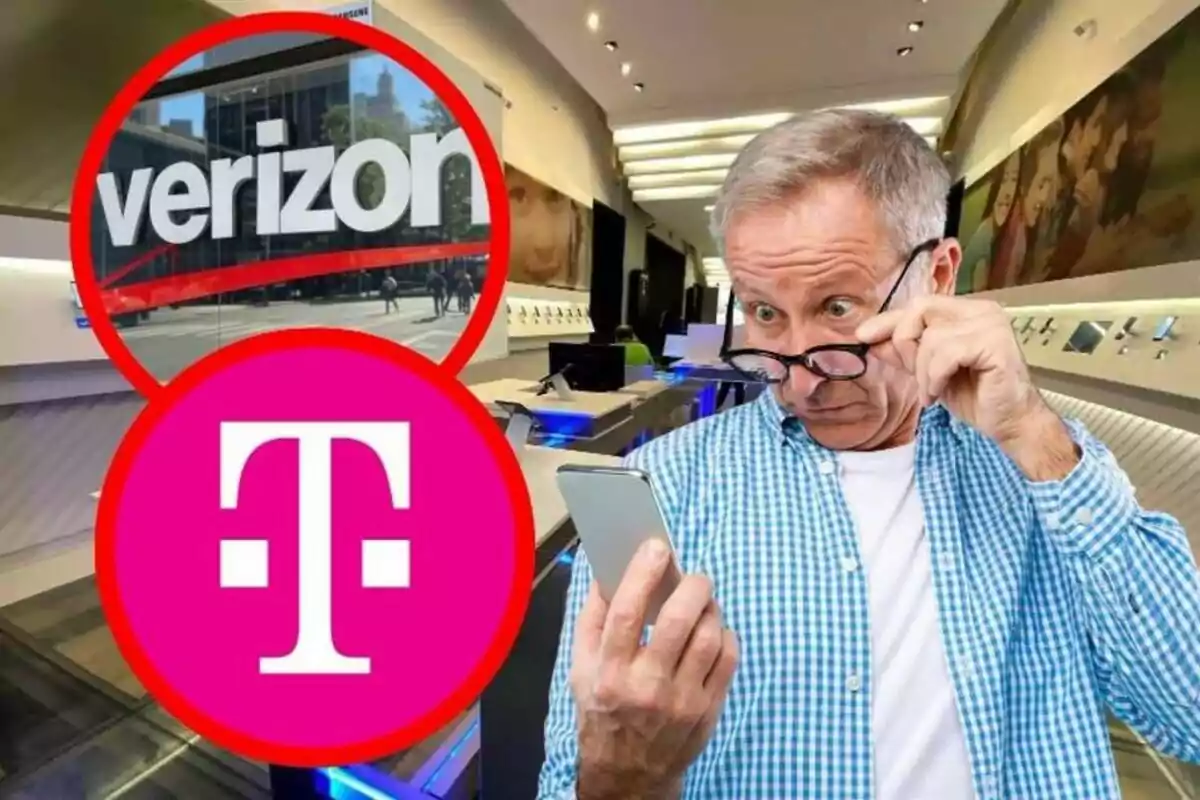
No one expected T-Mobile to react like this: forces Verizon to back down
Verizon is forced to change plans after receiving several complaints from the rival carrier
The mobile phone sector in the United States is one of the most competitive in the world. In such an aggressive environment, any misstep can have consequences.
That's exactly what happened to Verizon, one of the market's leading companies. Now, it is being forced to correct part of its ads after the direct intervention of its rival, T-Mobile.

A few months ago, T-Mobile decided to bring a series of complaints about the way Verizon was promoting itself before the sector authorities. Specifically, it presented the case to the National Advertising Division (NAD). This is an organization responsible for reviewing whether advertising issued by companies is clear, truthful, and doesn't mislead consumers.
According to T-Mobile, some Verizon ads contained phrases that could be misinterpreted. For example, a satellite text messaging service was promoted without making it clear that it only worked on certain new phone models. Only in very specific situations.
Although NAD considered that this statement was not completely misleading, they did recommend that the information be clarified. Especially to avoid misunderstandings.
Verizon was not entirely clear
Another controversial point was the use of the slogan "the largest network in the United States." T-Mobile argued that this message could lead people to think that Verizon had greater geographic coverage. However, in reality, the phrase referred to the number of customers with postpaid lines.
NAD agreed that this expression was ambiguous and that Verizon should explain exactly what it means when making that statement. These types of disputes are not new in the world of telecommunications. What has drawn attention this time is how quickly the operator had to backtrack.

After NAD's recommendations, the company confirmed that it will accept the suggested changes. From now on, its ads will better comply with what the regulations require. They state that they will follow the organization's instructions, something that any company accused of using unclear advertising messages usually does.
Complying with the law
This case shows that in a market as competitive as the mobile phone sector in the United States, there is no room for exaggerations or ambiguities. If a company crosses the line with its advertising, another will not hesitate to file a formal complaint. In this case, it was T-Mobile that spoke up and got Verizon to back down.
With this move, T-Mobile not only protects consumers. It also strengthens its image as a company committed to transparency. Although Verizon still leads in several aspects of the market, this situation makes it clear that it can't let its guard down.
More posts: